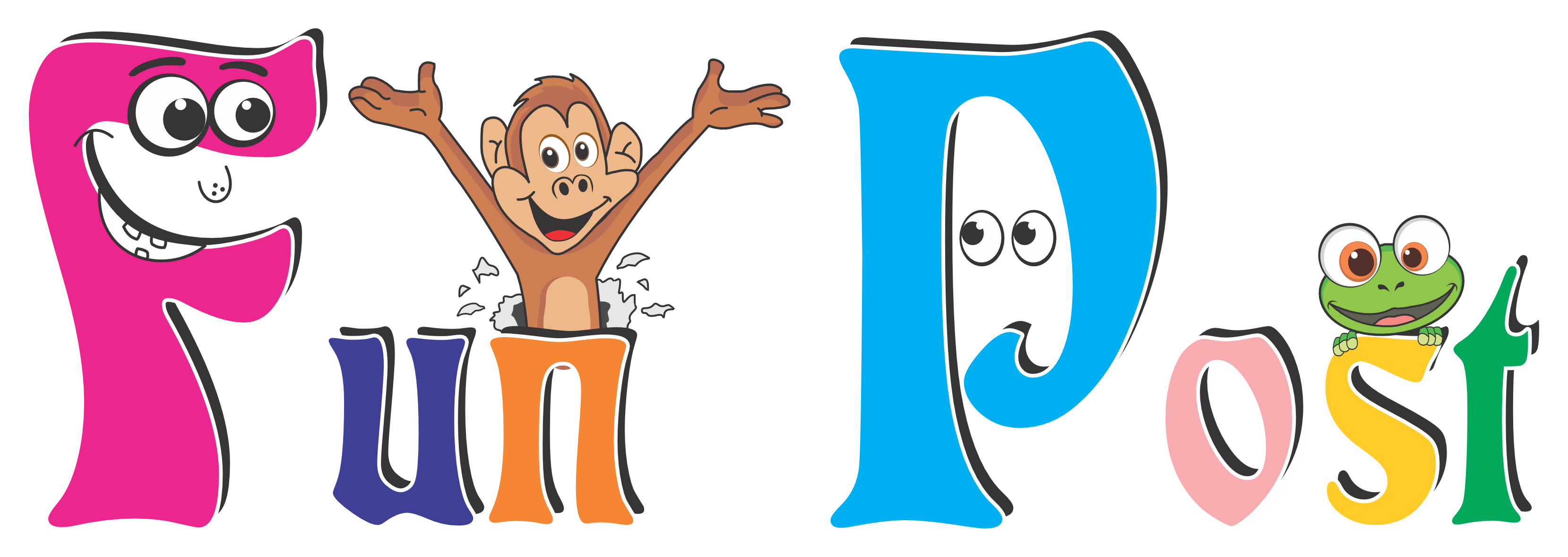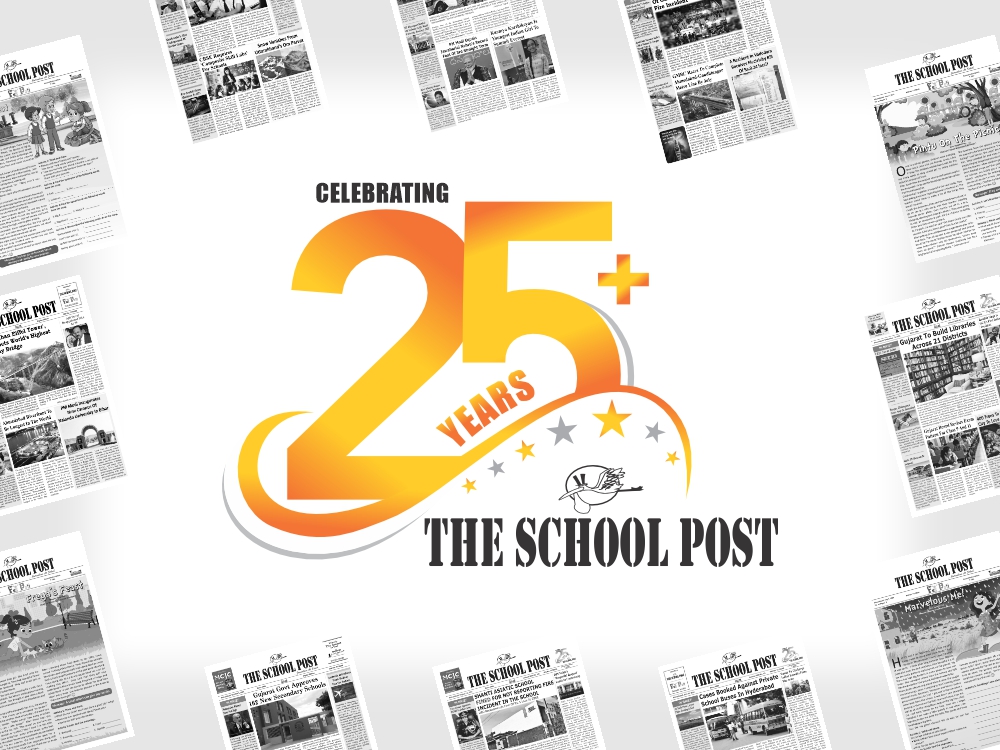The Importance of Inclusive Physical Education
Share

Physical education (PE) is about much more than improving students’ motor skills—it’s a cornerstone of holistic development. Through PE, students cultivate physical literacy, gaining the knowledge, understanding, and confidence to engage in physical activity throughout their lives. Beyond physical development, PE nurtures social skills such as cooperation, communication, adaptability, and respectful competition, fostering growth in an engaging, hands-on learning environment.

Despite its benefits, PE comes with unique challenges. Teachers often face large class sizes, varying physical abilities, and diverse motivation levels. Additionally, access to adaptive PE specialists for students with physical and learning disabilities is limited, making inclusivity and equity in the classroom a significant goal.
Why Supporting All Students in PE Matters
Creating a PE program that embraces diversity is essential for several reasons:
- Inclusivity and Equity: Students feel welcomed and valued, regardless of their abilities.
- Confidence Building: Feeling successful in physical activities promotes self-esteem and reduces fear of failure.
- Lifelong Healthy Habits: Students learn to view physical activity as enjoyable and rewarding, encouraging sustained engagement.
- Social and Emotional Growth: Collaboration, perseverance, and adaptability are nurtured.
- Resilience Development: Overcoming challenges builds grit and determination.
High-quality PE isn’t just about mastering physical or sports-specific skills. It’s about fostering a well-rounded approach to mental, emotional, and social well-being while inspiring a lifelong commitment to health and fitness.
Would you like more strategies for implementing inclusive practices in PE or further details about specific programs?








